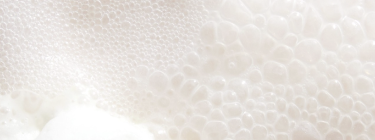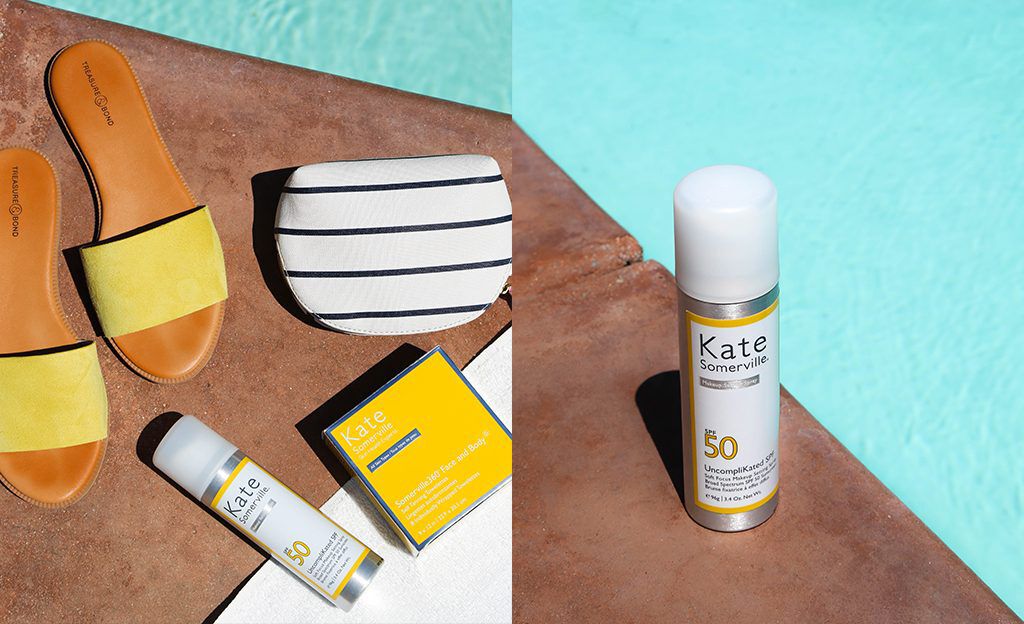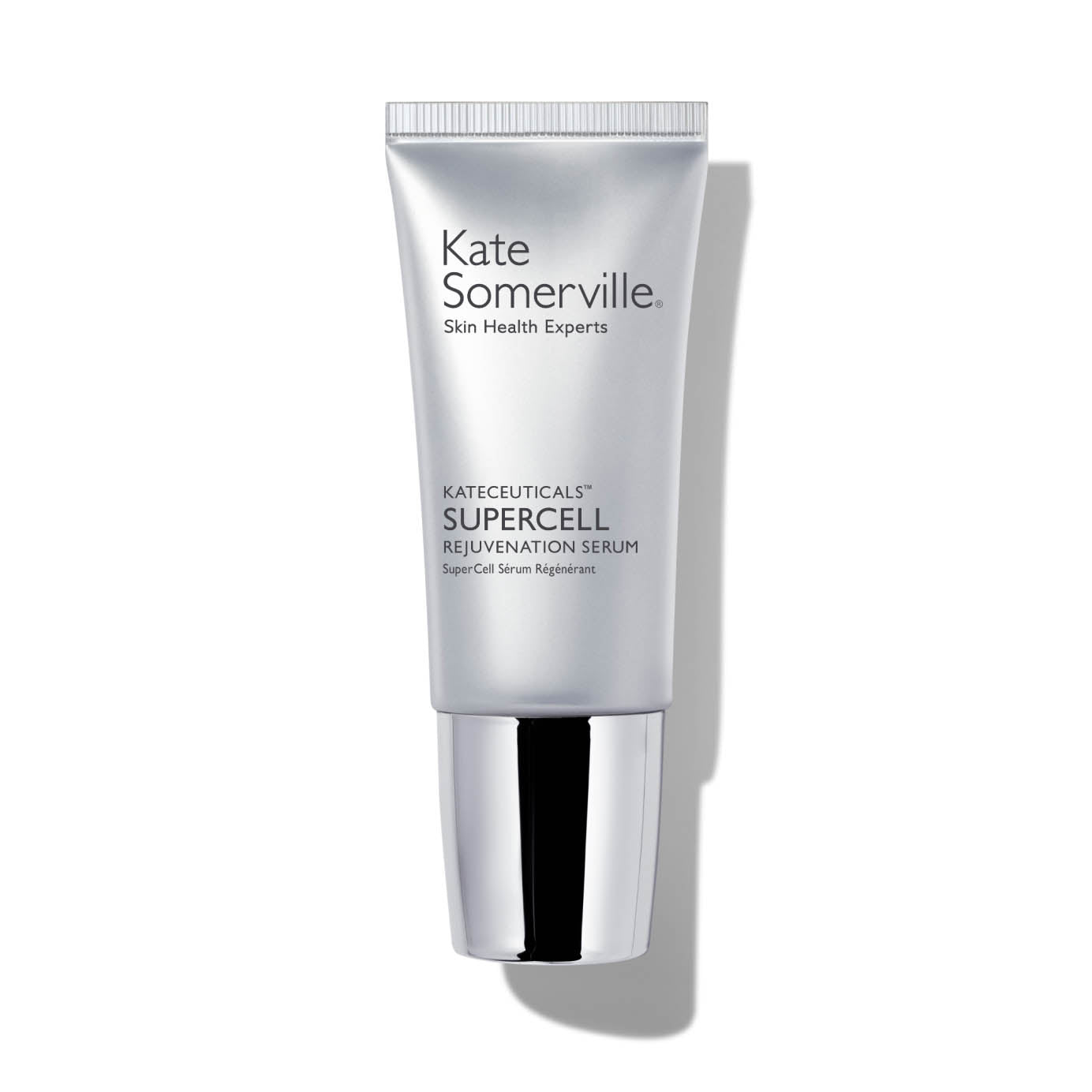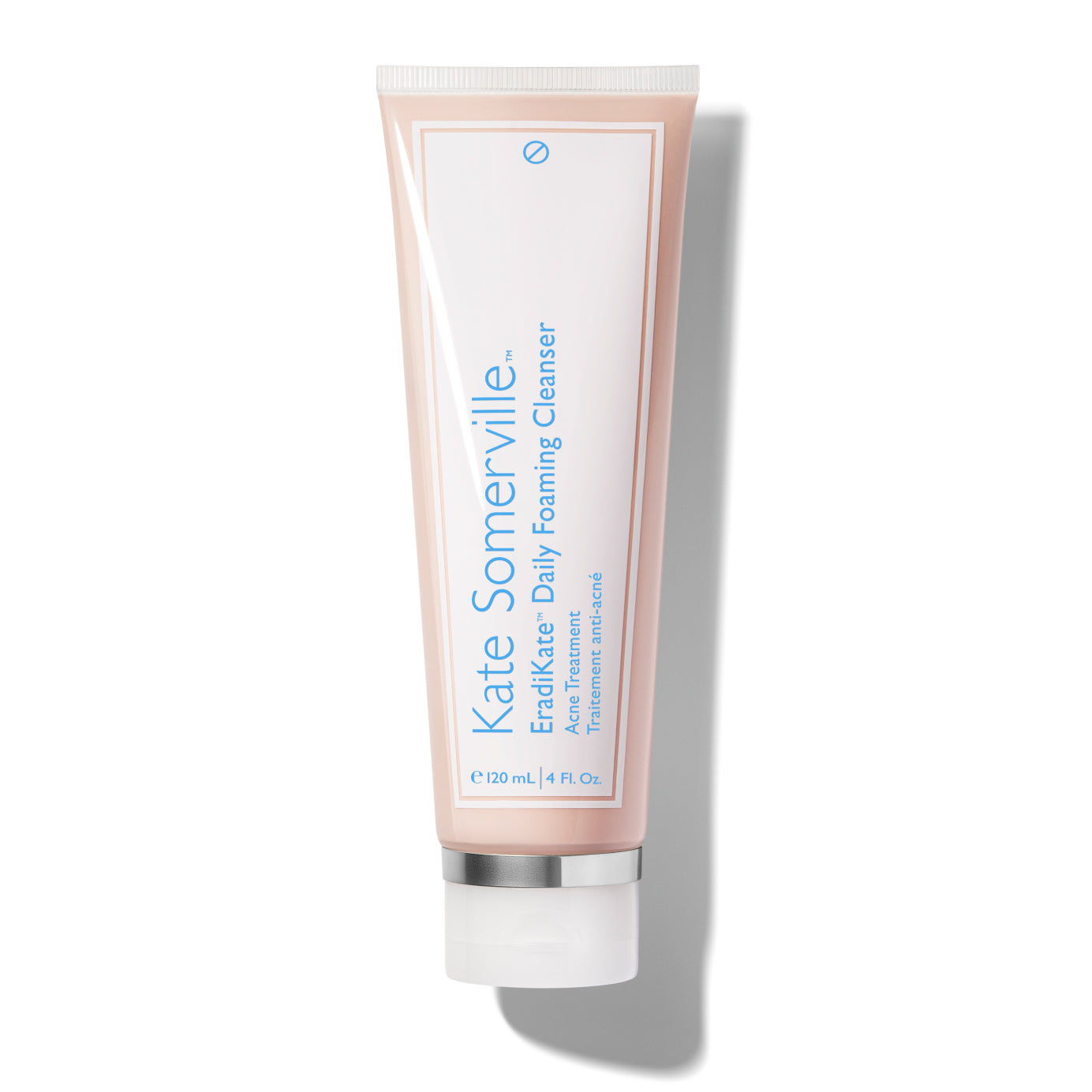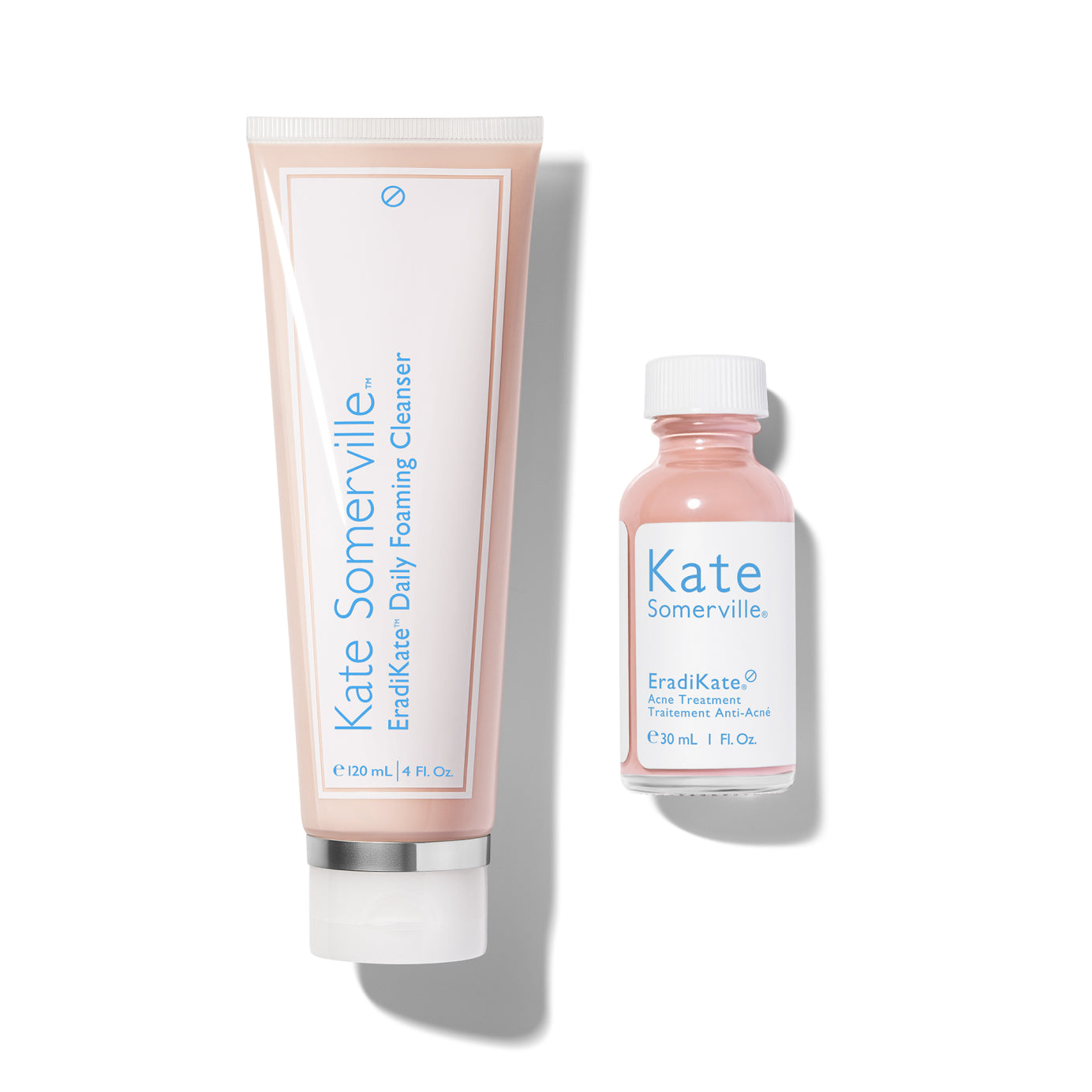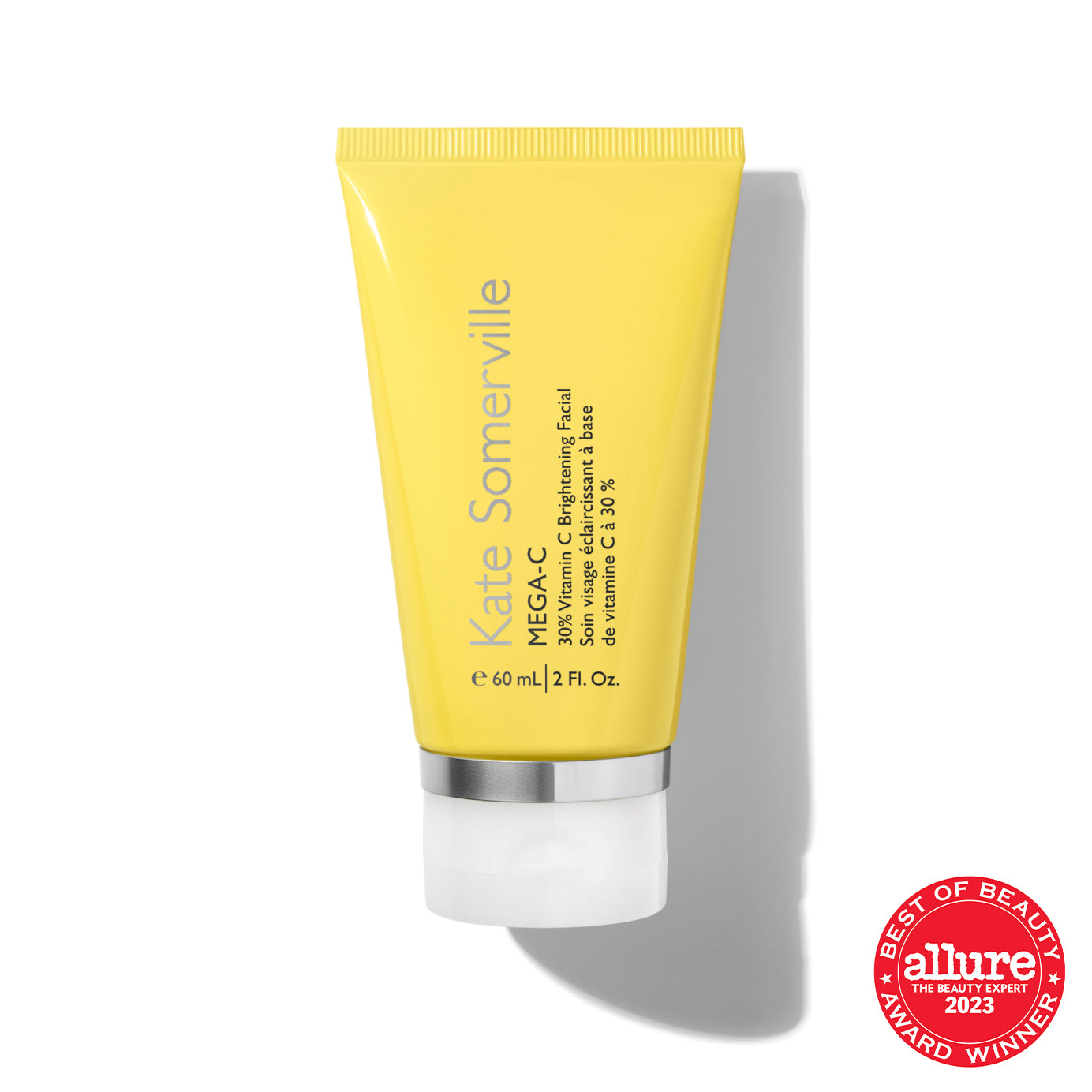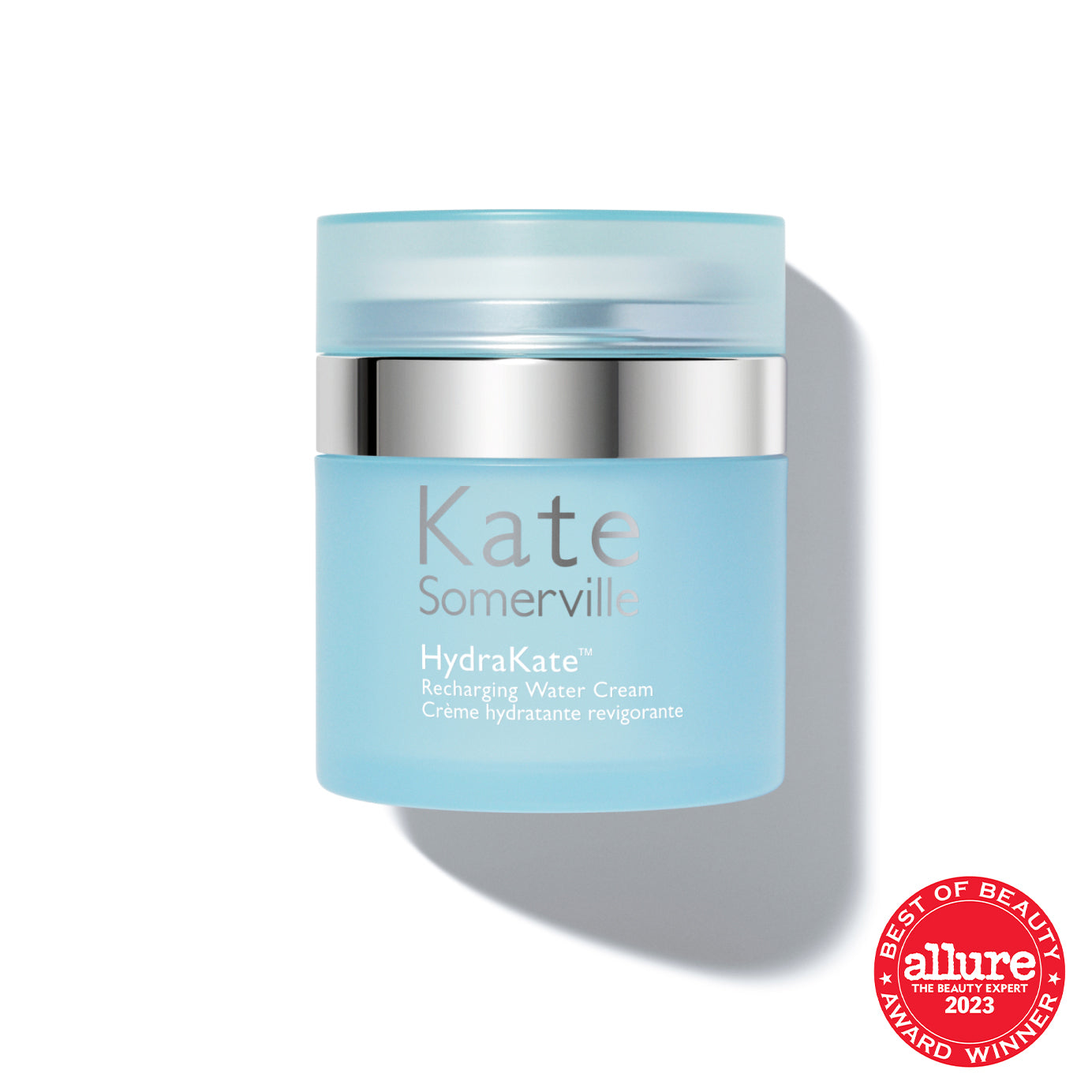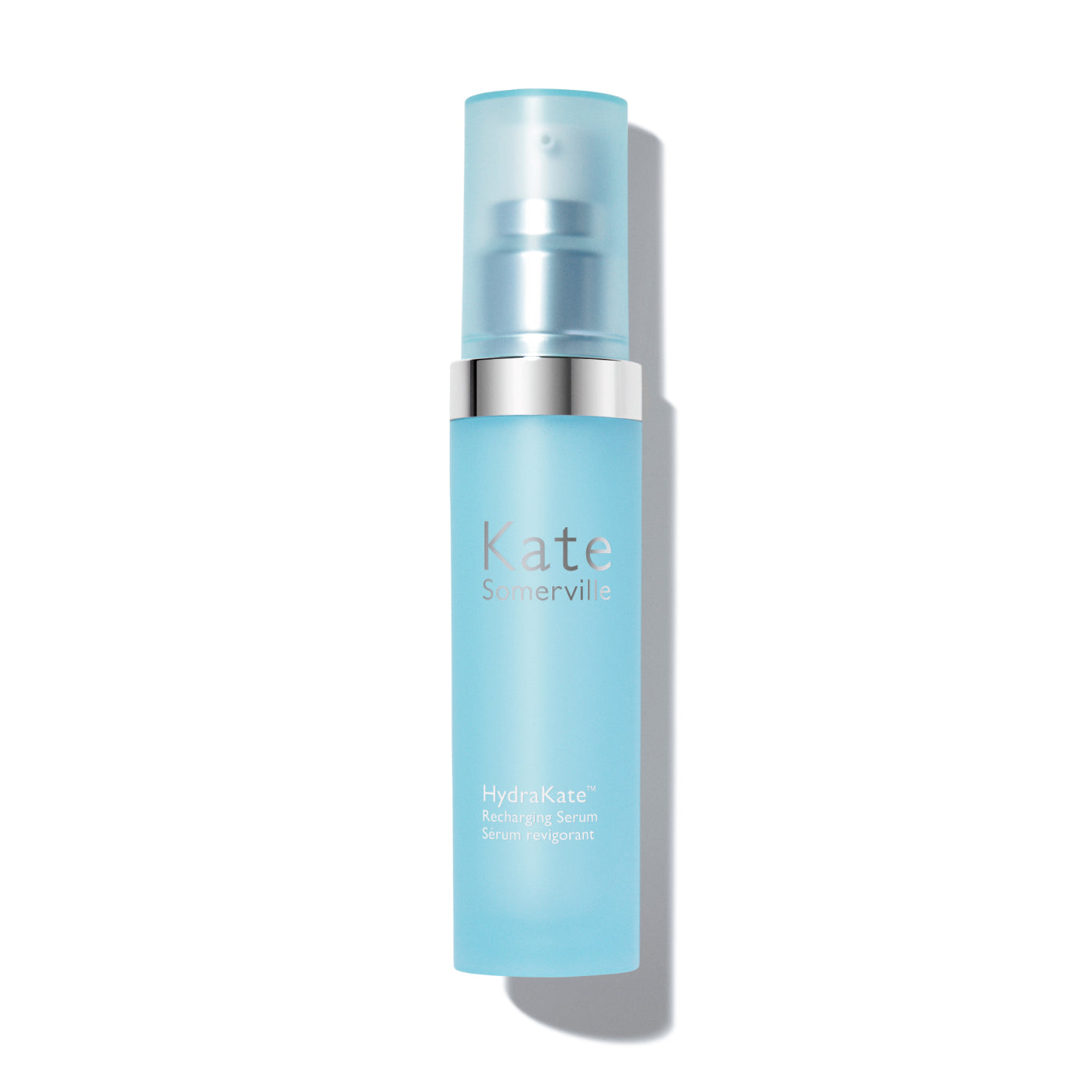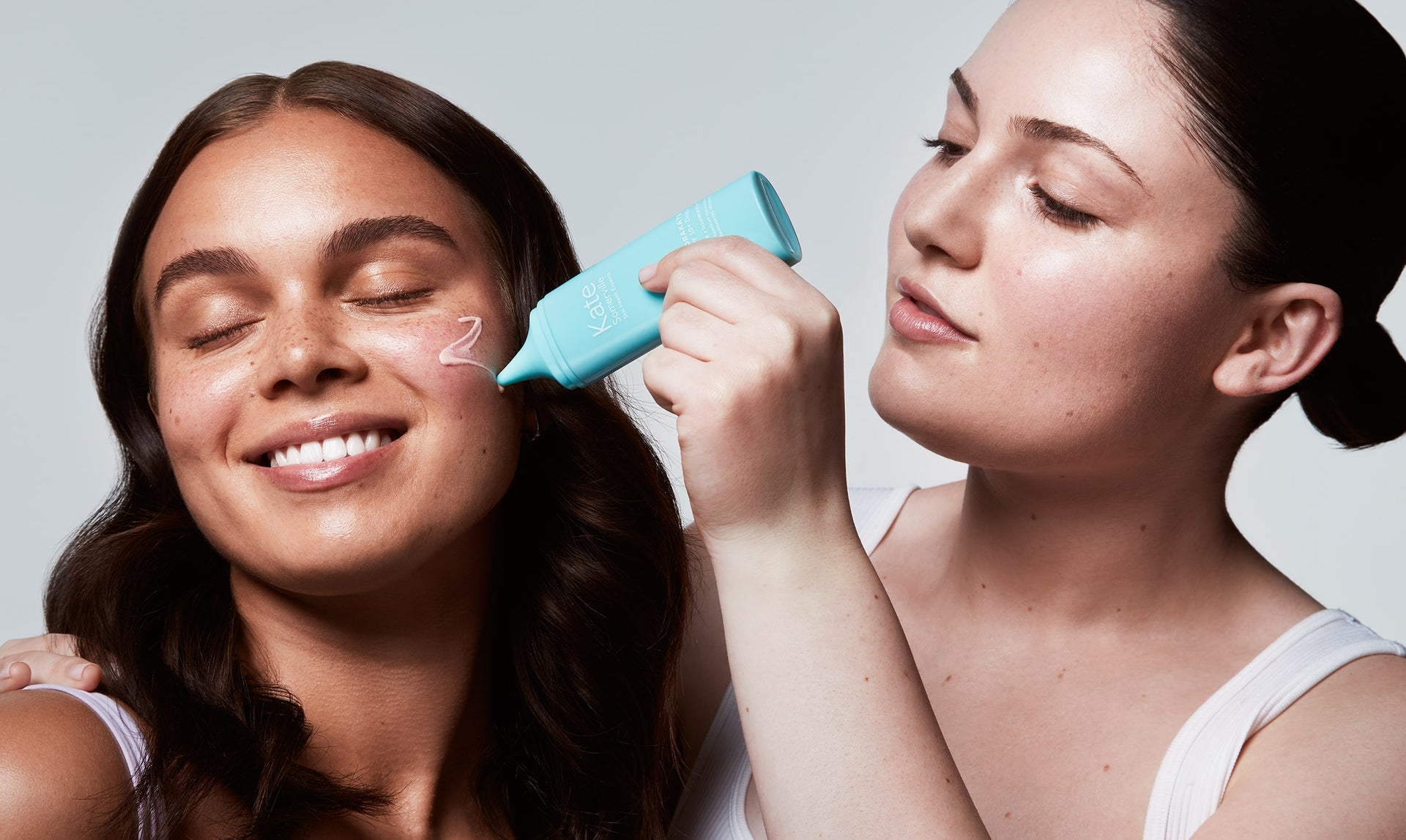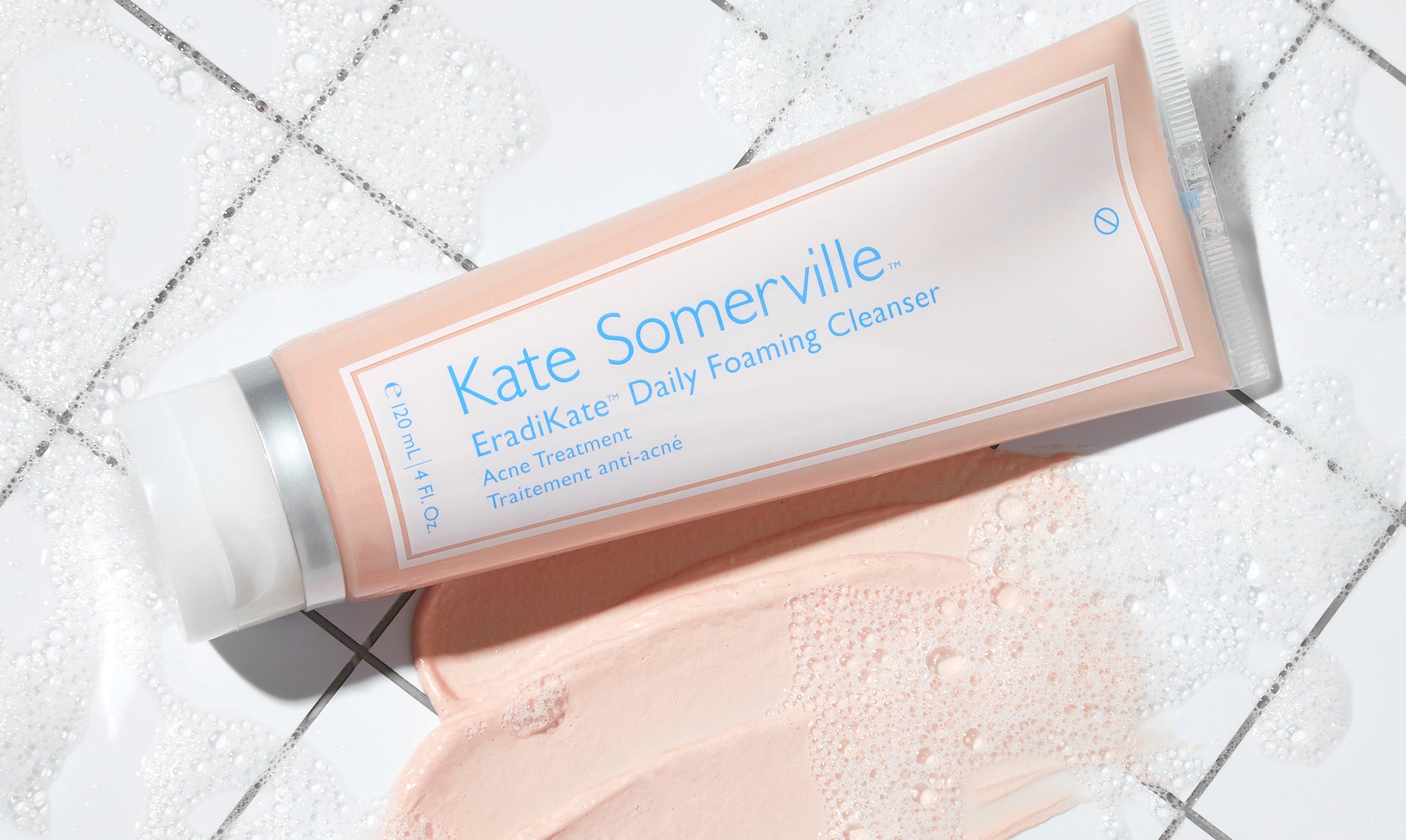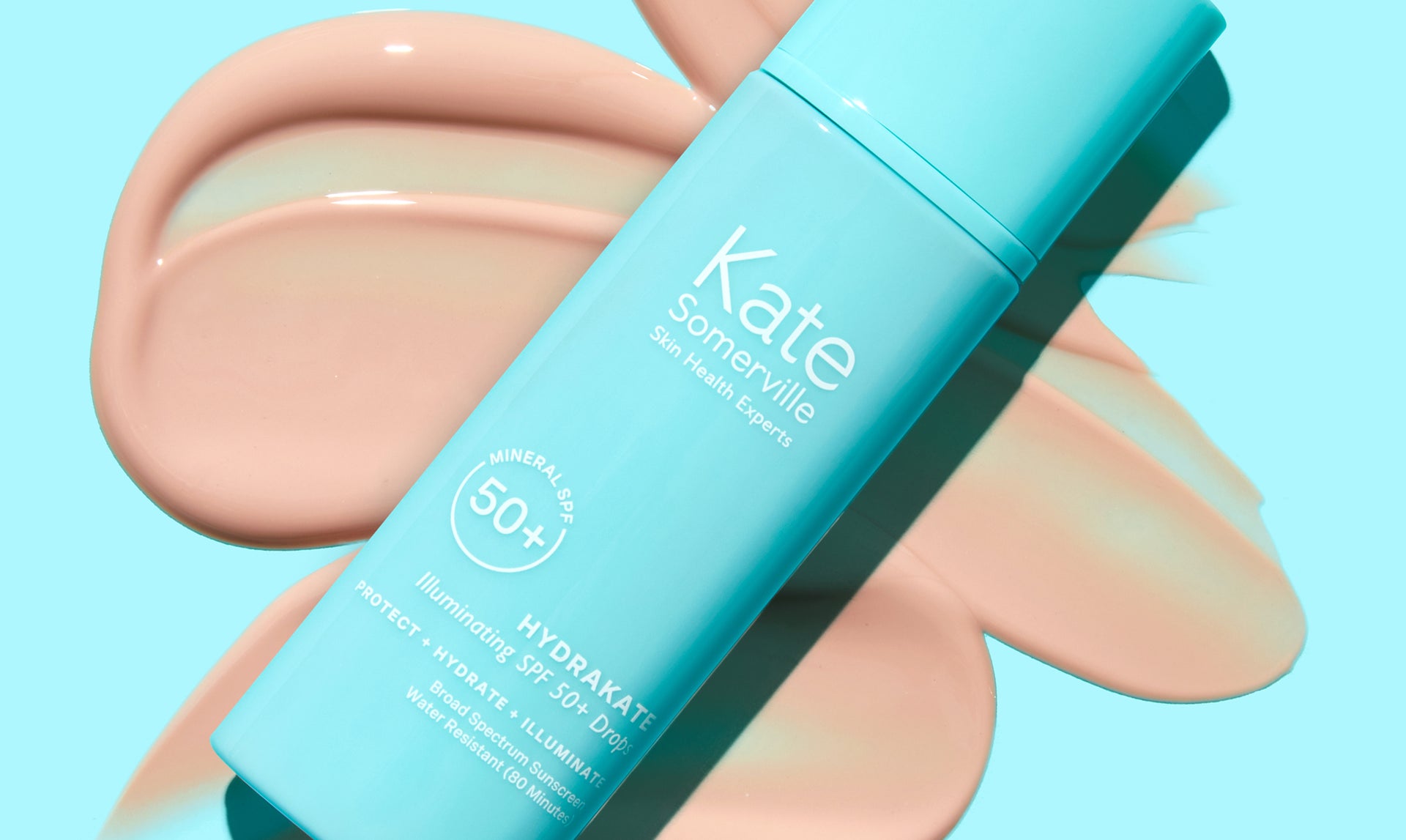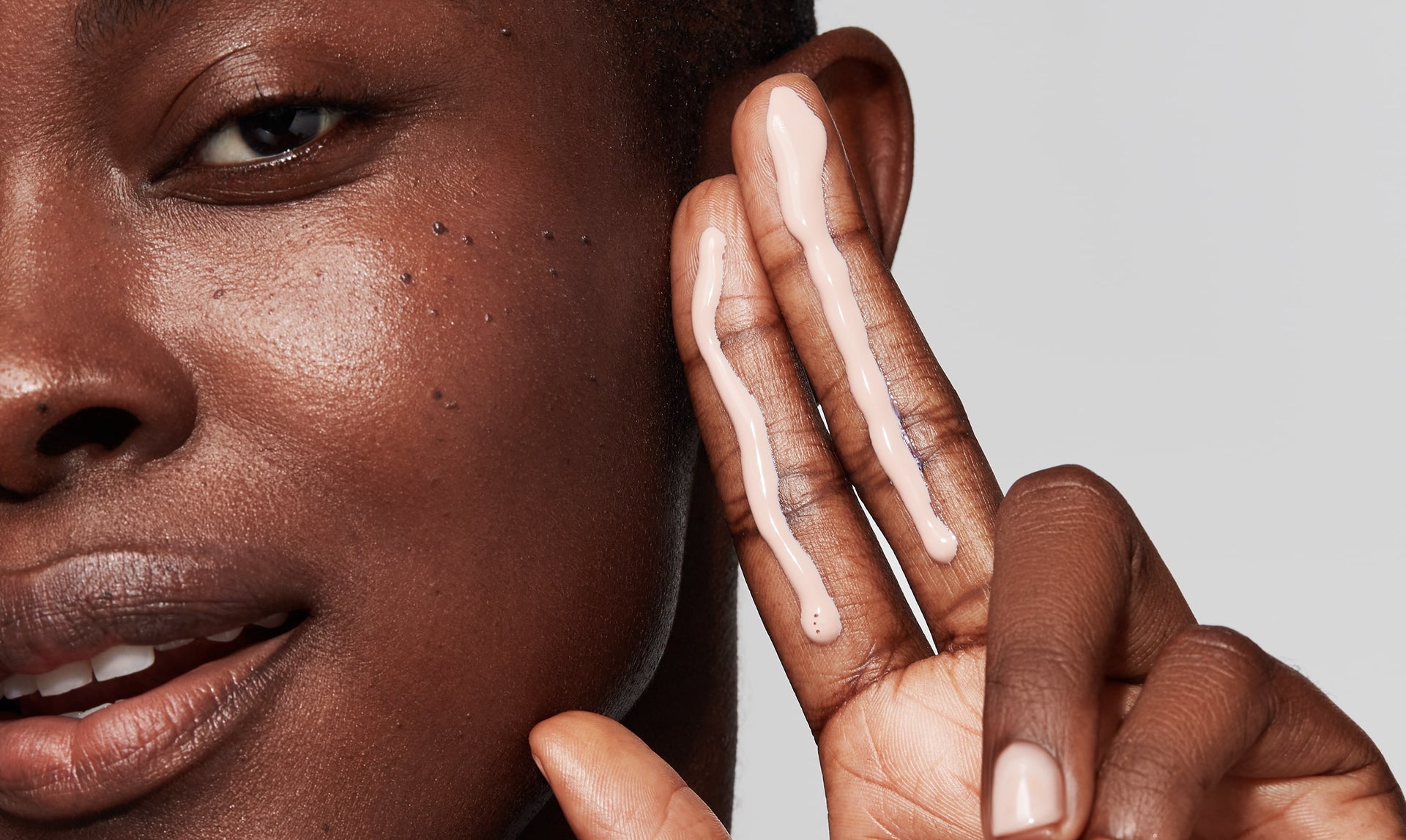We all know that wearing sunscreen is important when it comes to taking care of your skin. Sunscreen products minimize sun damage to your skin and help to prevent painful burns from developing. But how does sunscreen work to help protect your skin? No matter where you are -- the beach, the mountains, or just walking down the street -- if you are outside, your skin is being pummeled by the sun’s invisible, damaging, and harmful rays. And yes, this happens even on a cloudy day. This is known as ultraviolet (UV) radiation and can damage the DNA in your skin cells that results in gene mutations which in turn can lead to skin cancer [1]. Fortunately, this is where sunscreen comes in, as it helps protect from and minimizes these damaging effects. However, there is a lot to understand about sunscreen and how to choose the most effective product which can be anything from sprays and lotions to gels or waxes.
Sunscreen products essentially work in two ways depending on the composition of the product - the light will either be reflected or absorbed. Inorganic chemicals help to physically protect against or repel the sun away from the skin. Michelle Freese, Kate Somerville Skin Care Expert, explains that “mineral sun protectors such as titanium dioxide or zinc oxide can be physical protection [against the sun].” These inorganic chemicals work by reflecting the sun’s rays, similar to how white paint reflects light. The images of white-colored noses on beach-goers in the 1980s and 1990s are a great depiction of these compounds at work. However, many manufacturers make the particles in these chemicals smaller now so you don’t see the visible white when applied.
Organic carbon-based ingredients, like avobenzone or oxybenzone, on the other hand, absorb the sun’s radiation through their chemical bonds so your skin doesn’t have to. As the bonds absorb this radiation, the chemical compounds in the sunscreen slowly break down and release heat. But to truly grasp how sunscreen works, you must understand the variance in the sun’s rays.
The Difference Between UVA and UVB Rays
The basic difference between ultraviolet A (UVA) and ultraviolet B (UVB) rays is the wavelength of the light. UVA rays are long waves that are able to penetrate deep into the skin all the way to the dermis, the skin’s thickest and deepest layer. This causes long-term skin damage, aging, and wrinkles. UVB rays, on the other hand, are short waves whose intensity can vary by season, location and time of day, with 10 AM to 2 PM typically being the peak hours. These are the rays that can result in painful burns on the top layers of your skin, it might be helpful to think of B for burning. Both UVA and UVB rays contribute to the development of skin cancer which is why it is important to look for products that protect against both.
What is SPF?
If you have ever shopped for sunscreen products before, you have probably noticed an SPF label on every single one. This stands for Sun Protection Factor and refers to how well the product protects against UVB radiation [2]. That’s an important distinction that many purchasers do not realize; SPF on its own does not indicate protection against UVA rays. Only if a product is labeled as broad-spectrum protection will it help protect against both types of UV radiation, though there is currently no standard for listing the strength of shielding from UVA rays.
When considering what strength of sunscreen SPF rating to purchase, it will depend on where on your body you will apply it, what activities you will be doing, the sensitivity of your skin, and your skin type. While most professional organizations generally recommend using sunscreen with an SPF between 15 and 50, Michelle recommends that you use anywhere from 30 to 50 SPF for a daily facial sunscreen. She also notes that those with sensitive skin may experience more irritation with higher strength products. SPF ratings higher than 50 have not been proven to be any more effective than SPF 50 products. Though it is generally understood that SPF 15 protects against about 93 percent of UVB rays while SPF 30 shields you from 97 percent. According to the Mayo Clinic, no level of SPF can block 100 percent of UV rays.
Given that some radiation will penetrate through the sunscreen and into your skin, the SPF number roughly refers to how long it will take for your skin to burn or turn red as a result of exposure. So, an SPF of 15 will prevent your skin from burning for approximately 15 times longer than it would without protection. For example, if you would start to burn in 10 minutes without sunscreen, SPF 15 would prevent a burn for about 150 minutes or two and a half hours. However, most people don’t know the base rate for their skin to burn so the Skin Cancer Foundation recommends that people reapply sunscreen at minimum every two hours regardless of its strength and using at least one ounce [3], the equivalent of a shot glass, for maximum protection. This also helps ensure you have applied enough sunscreen and helps protect you from exposure resulting from the sunscreen washing or rubbing off while you are active outside. However, because sunscreen is not a 100 percent effective solution, many health organizations strongly advise using a wide-brimmed hat, sunglasses, sun-protective clothing, uv-protective clothing, and shade to further protect your skin.
Choosing a Product
Generally speaking, inorganic chemicals like titanium dioxide which deflect sunlight will protect against both UVA and UVB rays, but as we have already mentioned, it is best to look for products labeled as broad spectrum<sup>4</sup>. However, you will want to pay close attention to the complete list of ingredients for any product you buy. Recently, some of the chemicals in sunscreen have come under scrutiny for possibly being carcinogenic, meaning cancer-causing, or otherwise harmful. The accusation comes from a report by the Environmental Working Group (EWG), an advocacy group based in Washington D.C. According to the report, scientists discovered that some ingredients which absorb into the skin and can be present in urine long after you have applied any sunscreen which suggests that the chemical could be harmful, especially to children.
Thankfully, there are a number of products available that have been deemed safe for long-term use. In fact, the same EWG report found and lists titanium dioxide, zinc oxide, avobenzone, and Mexoryl SX as ingredients that have widespread use in U.S. sunscreen products and boast an EWG hazard score of two or below. So, as you look for products, keep an eye out for these active ingredients.
Michelle Freese notes that when you purchase a sunscreen, especially for daily use, “[you] don’t want a product that is too heavy or will irritate the skin.” Keeping an eye on the ingredient list will help avoid this, but you may also have to try a variety of products to find the best one for your skin. Kate Somerville’s UncompliKated SPF Makeup Setting Spray is a great daily product that can be sprayed over your face to protect your skin and instantly set your makeup. One of its key ingredients is avobenzone and it is a broad-spectrum SPF 50 product - one of Michelle’s favorites!
The Other Benefits of Using Sunscreen
If sun protection and a reduced risk of developing cancer aren’t beneficial enough, there are a number of other reasons to use sunscreen on a regular basis. First, using sunscreen helps keep your complexion even. When your skin burns, chemical changes take place in your cells which can leave you with irritation, blotchiness, and discoloration. Regular use of sunscreen helps you avoid this sun-induced damage. Overexposure to the sun can also increase the appearance of fine lines and wrinkles, prematurely aging your skin, or simply skin aging. In other words, you may say that sunscreen can have anti-aging effects on the appearance of your skin when used on a regular basis.
Overall, those who use sunscreen regularly have healthier skin because the essential proteins responsible for keeping the skin smooth in appearance are protected from sun damage. It may seem like overkill to apply sunscreen every day, especially if you are only going to be outside for a short period of time, but it is crucial to maintaining the health of your skin. By protecting your skin in this way you are committing to your health and maintaining beautiful skin.
All of us at Kate Somerville take skin care seriously, which includes providing our clients with top of the line sun protection. We’ve already mentioned our UncompliKated SPF Makeup Setting Spray which has an SPF of 50 and pulls double duty to instantly set your makeup with a clean matte finish.
Sources:
- http://theoncologist.alphamedpress.org/content/6/3/298.full
- https://www.skincancer.org/prevention/sun-protection/sunscreen/sunscreens-explained
- https://www.aad.org/media/stats/prevention-and-care/sunscreen-faqs
- https://www.mayoclinic.org/healthy-lifestyle/adult-health/in-depth/best-sunscreen/art-20045110
- https://www.fda.gov/radiationemittingproducts/radiationemittingproductsandprocedures/tanning/ucm116434.htm
